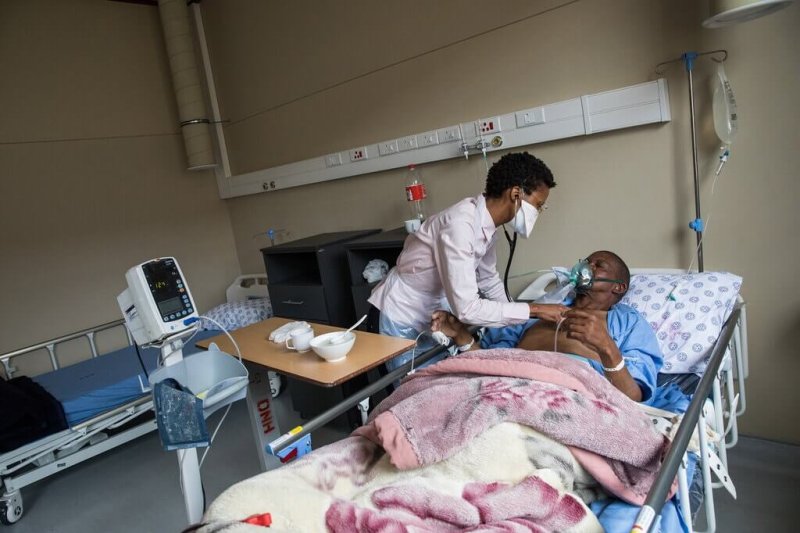In South Africa, a crush of new cases that spread from Port Elizabeth is growing exponentially across the nation, with deaths mounting. Eight countries, including Nigeria, Uganda and Mali, recently recorded their highest daily case counts all year. “The second wave is here,” John N. Nkengasong, the head of the Africa Centers for Disease Control and Prevention, has declared.
When the virus was first detected, many African countries were considered particularly at risk because they had weak medical, laboratory and disease-surveillance systems.
…
But many African governments pursued swift, severe lockdowns that — while financially ruinous, especially for their poorest citizens — slowed the rate of infection. Some deployed networks of community health workers. The Africa C.D.C., the W.H.O. and other agencies helped expand testing and moved in protective gear, medical equipment and pharmaceuticals.
The reported toll of the pandemic on the continent — 2.6 million cases and 61,000 deaths, according to the Africa C.D.C. — is lower than what the United States alone currently experiences in three weeks.
But that accounting is almost certainly incomplete. Evidence is growing that many cases were missed.
“It is possible and very likely that the rate of exposure is much more than what has been reported,” Dr. Nkengasong said in an interview.































